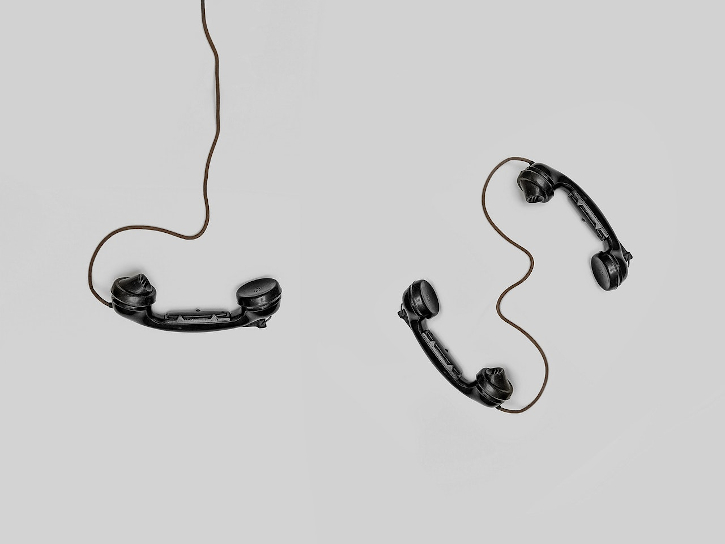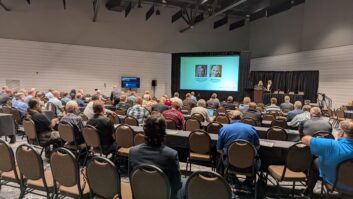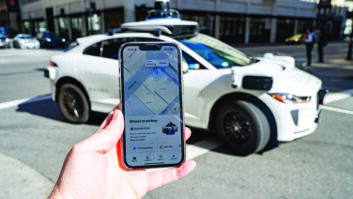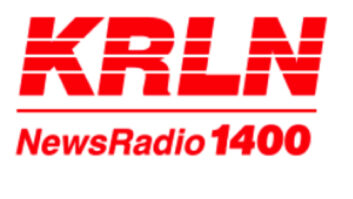The author is membership program director of the National Federation of Community Broadcasters. NFCB commentaries are featured regularly at www.radioworld.com.
This month kicks off a time-honored tradition in community radio: the spring pledge drive. Many stations will succeed. Others will be less successful. Seeing fundraising wins may require you avoid three common pitfalls.
In my three-and-a-half years with the National Federation of Community Broadcasters, I have listened to pledge drives coast-to-coast. Before that, I was part of a major-market noncommercial station’s pledge campaign for more than a decade. I have been asked to appear with many stations to boost their on-air fundraising. And, as strange as it sounds, I love the pledge drive. I love stating the case for community radio and encouraging audiences to lift up local stations.
[Read: Community Broadcaster: Coronavirus Education]
So, I can speak with a little heft when it comes to pledge drive missteps. I have heard many, and the most common ones are absolute killers during a campaign.
What moments happen most frequently?
Focusing on “me,” not you. Anyone who has heard a community radio pledge drive has heard this before. Someone at the microphone says how your donation makes it possible for them to come play music or share some news with you. The problem? I, as a donor, can get music and news on a $30 smart speaker for free. And what if I only like every third song you play, or I think you’re biased but I listen because I am in the car but wouldn’t otherwise? Messages should center why donors give, not what DJs get.

Not offering more. This is one of the most difficult issues, because the message we have ingrained in community media is the notion that people give to support fill-in-the-blank. That blank could be news, music, talk shows and so on. However, all of those things are available free elsewhere. Instead consider your message as one of you talking about donations increasing community impact and results, e.g. “Your donations supported investigative reports on City Hall;” “Your donation made a live concert series possible.” Quantifying where dollars go and went is more compelling than telling people they’re simply funding you to keep the lights on.
Lacking fire. Nothing is less inspiring than hearing a community radio DJ who sounds out-of-place during fundraising; who clearly has not thought about what they’ll say before the mic goes live; and does not respect a listener enough to even sound engaged during pledge drive. I have heard this more times than I care to admit. They’re not bad people. They sometimes have too much going on, or do not understand how crucial fundraising is to a station. And in a notoriously nice but evasive community radio culture, no one has the heart to tell these folks anything. So they just go on, sounding distant and unfocused. But pledge drive is a time to be proud of your station, be excited to talk to others about a station’s value to its community. Successful programs have reasons why people should give, sound happy to be there and like that the audience is supporting a local resource; as you should too.
Striking the gift balance. Weak shows either wander through the book of gifts available for a donation (overwhelming the listener) or never mention thank-you gifts available during the drive (missing the incentive a gift represents). What is the magic formula? Pick a gift or two to feature each hour, research the gift and be able to discuss it especially in cases of books and music, and be flexible and prepared enough to change on the fly if needed. Many people won’t pick up the gifts at all, but having something interesting to motivate donors never hurts.
Community radio stations rely on pledge drive. Many stations raise their operating funds, staff pay and money for their many initiatives through donations from listeners. The stakes for fundraising are high. Good pledge drives make the difference between new endeavors or a period of uncertainty.
Skipping these stumbles ensures stations have a happy spring.







